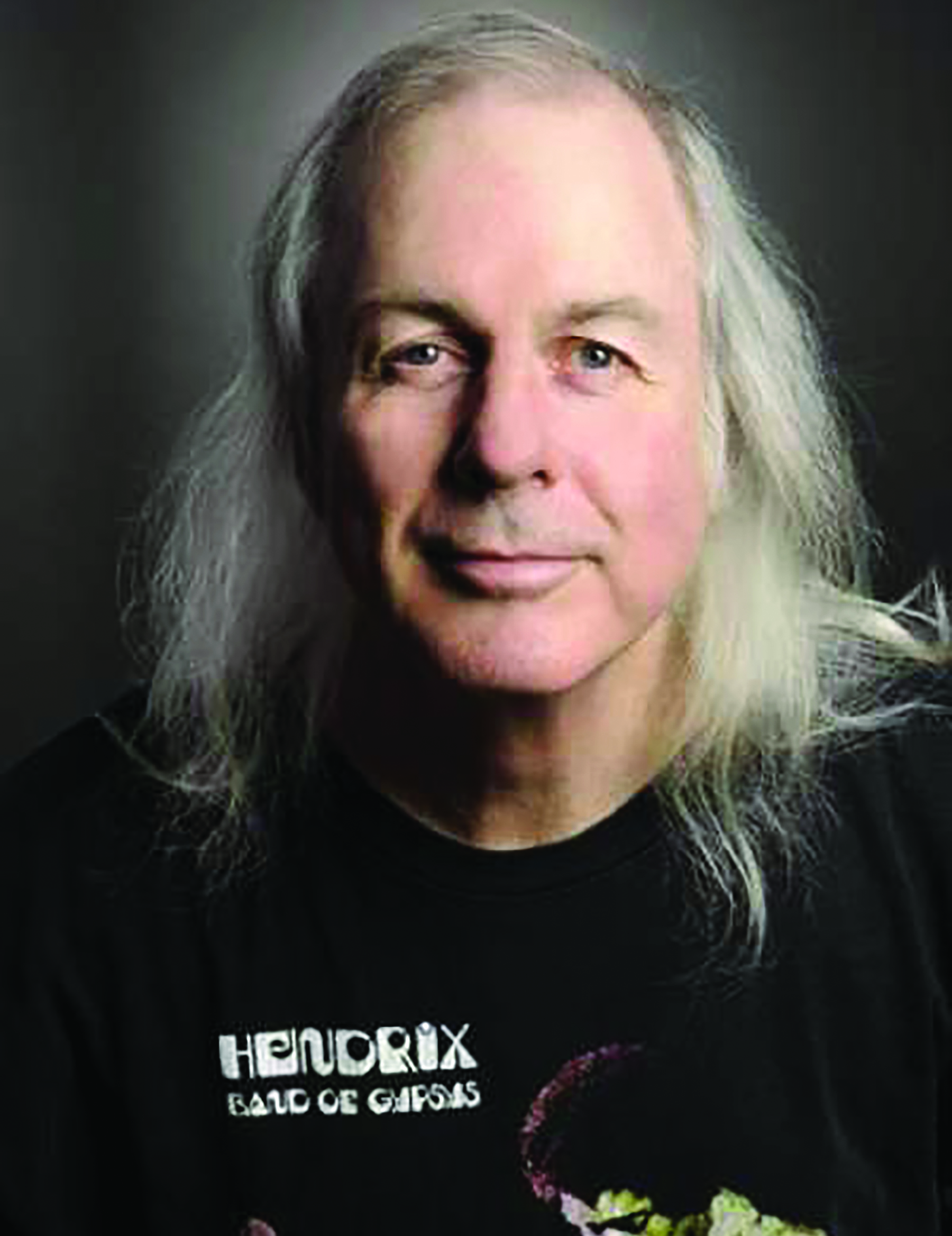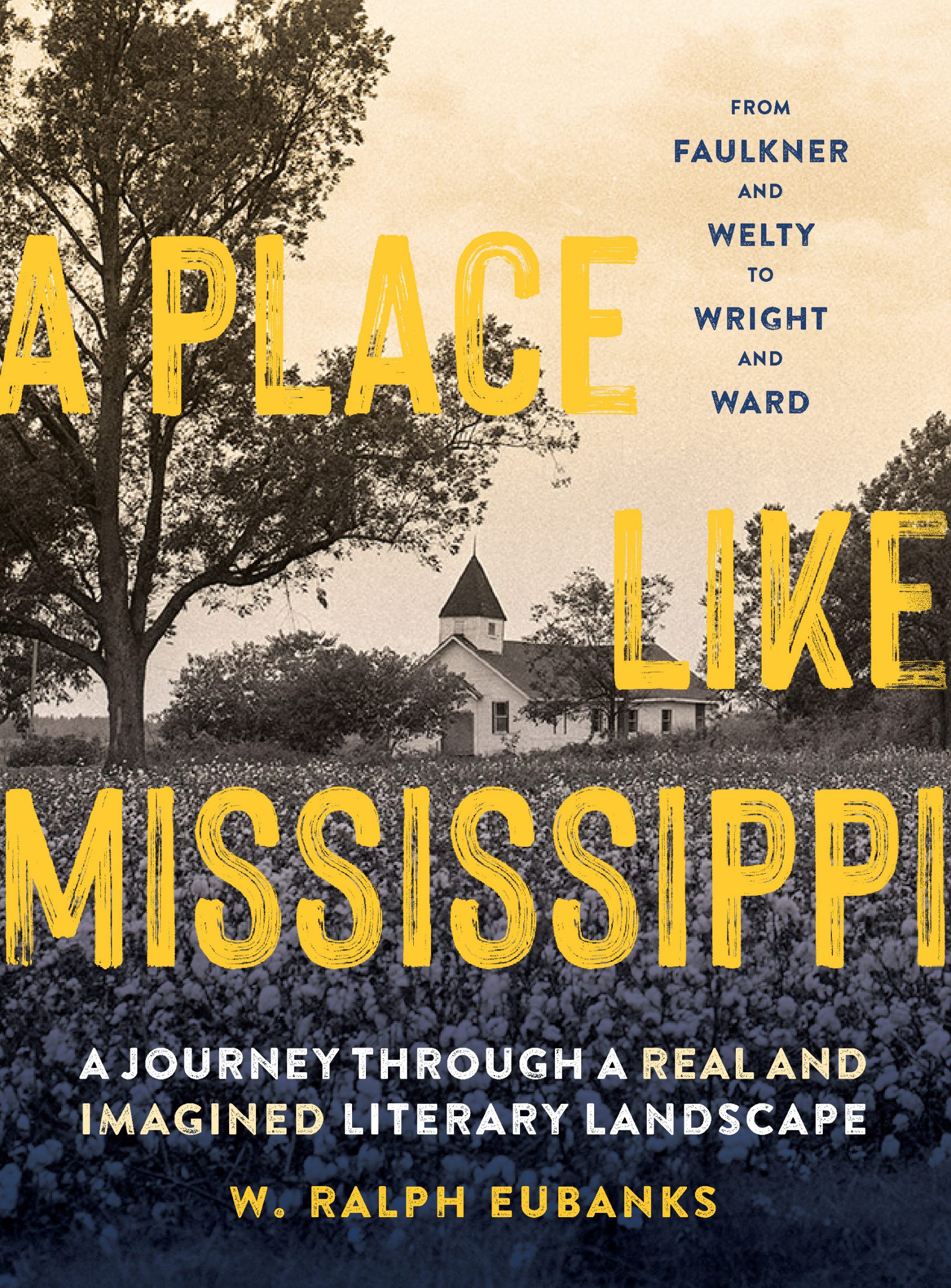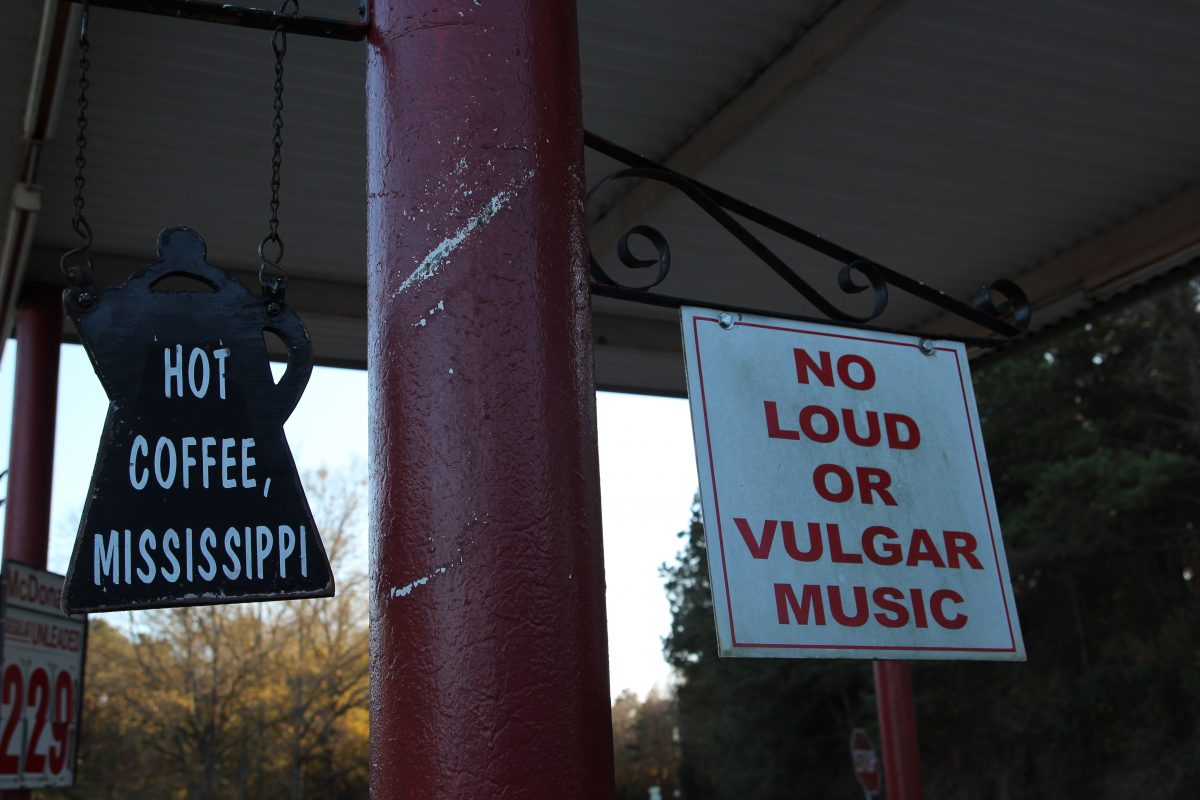For today’s Flyer book column, we turn our gaze to our neighbor to the south — Mississippi. And why, in the Memphis Flyer, am I choosing to write about Mississippi? The answer lies in the many shared connections.
Canadian music writer Rob Bowman made his name writing about Stax Records, both for his Soulsville, U.S.A. and writing the liner notes to many Stax collections. And in his newest offering, The Last Soul Company: The Malaco Records Story, Bowman writes that many Stax survivors made their way to the Jackson, Mississippi-based Malaco Records after Stax went out of business.
And Mississippi wordsmith W. Ralph Eubanks, in his recently released (and absolutely gorgeous) A Place Like Mississippi (Timber Press), devotes no little amount of ink to the connection between Memphis and Mississippi. “If you came from rural Mississippi, that’s the urban space you knew,” Eubanks told me on a call, “Memphis.”
Rob Bowman’s The Last Soul Company: The Malaco Records Story (Malaco Records)

Somehow, mere seconds into our phone call, Bowman confesses his love of Memphis barbecue, and Payne’s Bar-B-Que in particular. “I drove there for lunch at least three times a week. I even booked my flights around Payne’s,” he says. “I’ve driven all over the South. There’s lots of great stuff out there, but nothing touches Payne’s.” Espousing a view about a particular barbecue restaurant is a sure sign that the author has spent time in the Bluff City. And he has. Bowman lived in Memphis for three-and-a-half years while pursuing his Ph.D. at then Memphis State.
But soon enough our conversation turns from Memphis ’cue and Memphis soul to Malaco Records in Mississippi. “They’re one of the longest-running, independent labels in American music history. Longer than Atlantic, longer than Chess, longer, of course, than Stax or Motown,” Bowman says. “The only label I think that’s had a longer history is Delmar up in Chicago.”

The story of Malaco Records is endlessly intriguing, largely because the label has grown its reach and influence in a series of risky — but ultimately successful — gambles. In the age of disco and funk, they scooped up a slew of middle-aged soul singers who had aged out of their former heartthrob status. Later, they conquered the gospel quartet world, and then leveraged that success to make inroads into the world of mass choirs. By being early adopters of the potential lucrative work of digitizing their archives, Malaco found themselves at the leading edge of the sampling and streaming revolutions. Of course, that’s an overview spanning decades, and it barely scratches the surface. Bowman tells the story much more eloquently in The Last Soul Company. Yes, for the full story, one really must buy the book.
But it’s a book worth adding to any music lover’s collection — especially a music aficionado who has a penchant for Southern soul, blues, and gospel, as Malaco has worked in all those interconnected genres. What’s more, the book is lovely. Bowman had access to a smorgasbord of archival photos, and they are put to good use in the oversized volume.
W. Ralph Eubanks’ A Place Like Mississippi (Timber Press)

“I like to joke that I’ve worked both sides of the desk, being the writer and the editor,” says Eubanks, author of A Place Like Mississippi. That career path left Eubanks well suited to write about other writers, which he does with aplomb in his new book. A Place Like Mississippi examines the reach of the Magnolia State through the lens of its landscape, legacy, and literature. From William Faulkner to Jesmyn Ward, Eubanks guides readers on a tour of Mississippi’s literature, and the result is both enlightening and entertaining.
Of course, one need not be a diehard Mississippi literature lover to get something out of Eubanks’ new book. He hopes people will see the connections between their place and this specific place, and he writes that examples of much of America’s history, both triumphs and its great sins, can be found within the borders of his home state. “Those who like to think that these sins only took place within the borders of Mississippi are deceiving themselves,” Eubanks says.

And speaking of parallels of place, there is much of Memphis in A Place Like Mississippi. “It was a Southern space where there were still racial restrictions, but you felt that you could breathe because you had a space like Beale Street [where] a Black person could feel like a respected human being. Then of course white people who came to Memphis had The Peabody.” In Memphis, Eubanks says, Mississippians could travel to experience a sense of Southern grandeur. Memphis, Eubanks says, is a transitional space between the Deep South, the Mid-South, and what the author calls the “Up South” — St. Louis and the like. (Readers who scoff at the idea of St. Louis being any kind of South would do well to remember how many Memphians relocated there to escape the ravages of the yellow fever epidemic.) “It’s when Richard Wright arrives in Memphis that the narrative in Black Boy begins to shift. You can see that he begins to feel some freedom,” Eubanks says, giving an example of Memphis’ status as something of a gateway in literature. And that’s without even touching on the music of the Delta, in which the Bluff City looms large indeed.
Another parallel between the two books mentioned here is the excellent use of photography to complement the prose. A Place Like Mississippi is broken into sections by the state’s geographic regions, and the photos included in the book do much to illustrate the differences between each region. The author includes several of his own photos as well, though he is somewhat modest about that fact. “I do not think of myself as a photographer. I want to be very clear about that,” Eubanks says, laughing. Of course, inquisitive readers might be best served by reading the book and judging for themselves.
